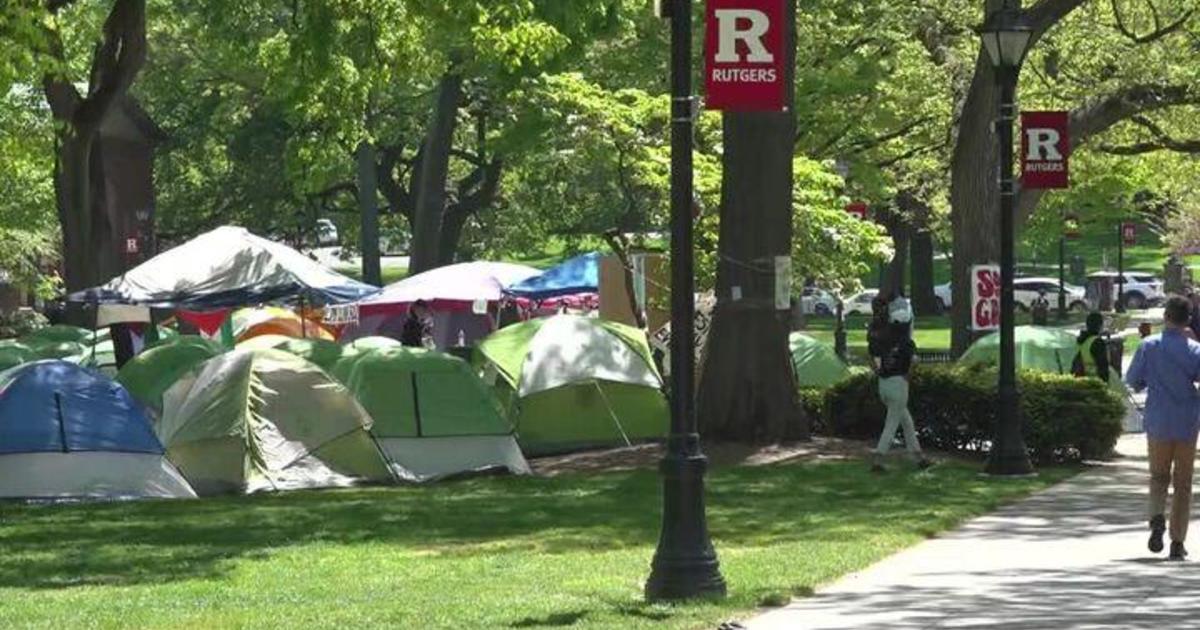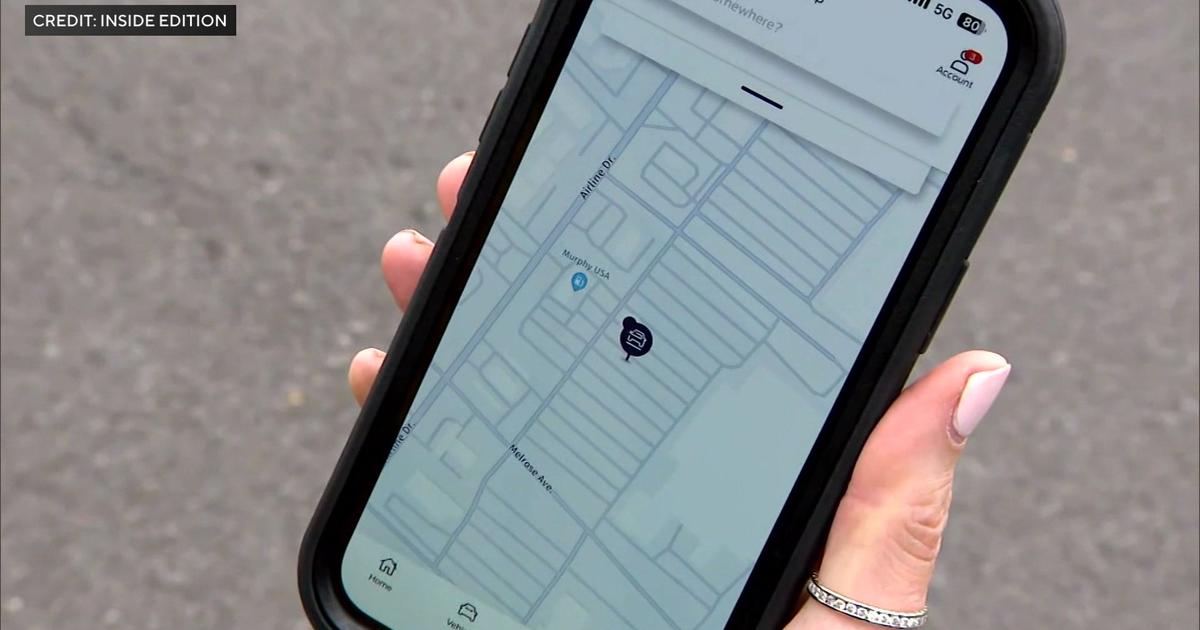Seen At 11: Ready For Anything
NEW YORK (CBS 2) -- Tornadoes, hurricanes, even a terrorist attack … we most certainly live in uncertain times.
But if disaster, or even just temporary disruption, strikes, are you ready for anything?
CBS 2's Dana Tyler reports on how most hope for the best, but others are preparing for the worst.
It's a movement sweeping the nation -- people getting prepared.
Tahnee Bodden, 35, said she wants to be ready for anything. Her goal is to stock her Manhattan apartment with a year's worth of food.
"I've got peanut butter ... beans ... soups," she said. "Things that you can eat easily out of a can."
Bodden calls herself a "prepper." She's part of a growing group of people honing their survival skills, preparing for any kind of disasters. However, she's not a stereotypical survivalist.
"It's clear I don't fit that mold. A lot of people when they think of survivalists will think of mountain men. Prepping or emergency preparedness is basic common sense," Bodden said.
For Bodden, Hurricane Katrina made a major impact. She started prepping shortly after.
"It was just shocking. No food. No water. You know, waving their arms, pleading for help and it just wasn't coming," Bodden said.
Whether it's a natural disaster like last week's New York City tornadoes or a terrorist attack, preppers are simply taking matters into their own hands. They want to be ready to survive any calamity.
"What will I do? How will I feed my family if our power is out?" Lisa Bedford said.
Bedford is a blogger known online as the "The Survival Mom."
"I won't ever be sitting there wondering when someone is coming to help me with food and water," Bedford said.
So she packs her car with emergency gear and stocks her pantry ... just in case.
Bedford preserves preserve food and purifies her own water. She evens shows other women how to bake in a solar oven.
"This really is about trying to exert control over things we don't have control over -- but we want to get a little bit og control over," said Columbia University professor Dr. Drew Ramsey.
"It doesn't have to be something major as power. It could be a track fire on the subway and all of a sudden you can't get home," Derek Murawsky said.
For Murawsky, 9/11 changed everything. Now the 29-year-old I-T manager is stockpiling supplies in his Queens home. He's even grinding his own wheat to make flour.
"It's definitely something you don't see every day in the city," Murawsky said.
Murawsky carries extra gear every day in his work bag. All of his personal information is stored on a flash drive.
And like many preppers he keeps a separate bag that holds the essentials he'd need if he had to evacuate.
"Grab it and go and you've got you've got everything you need to set up shop someplace else for a couple of days," Murawsky said.
Ramsey said prepping is positive as long as it doesn't consume your life.
"Does this interfere with work functions? Does it interfere with your ability to have relationships? Are your fears warranted in reality?" Ramsey said.
New Jersey farmer Linda Grinthal helps people take control and fend for themselves in case of catastrophe.
"People don't inherently know anymore how to keep themselves alive," Grinthal said.
Grinthal teaches survival gardening. She said she's worried about the breakdown of our food supply.
"It's good to know how to counter that," she said.
"It seems to me to be a healthy response to anxiety. It's doing something," Dr. Ramsey said.
"Better to have and not need than to need and not have," Bodden added.
And the preppers believe the time to make a plan is now.
September is National Preparedness Month. A good start is to keep a one-week supply of food and water on hand. That's 14 2-liter-sized bottles for each person in your family. And don't forget the pets.



